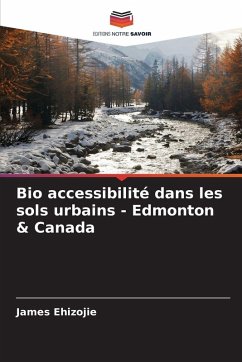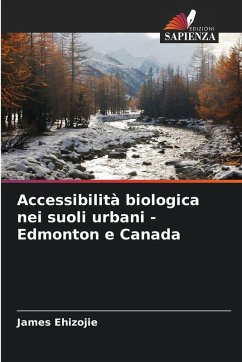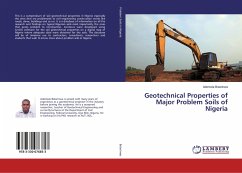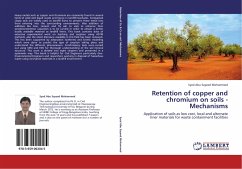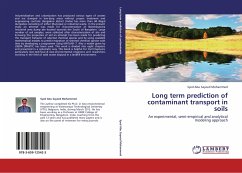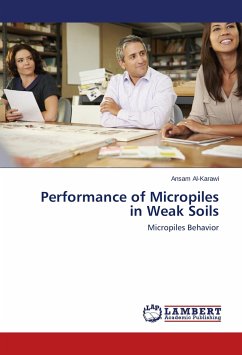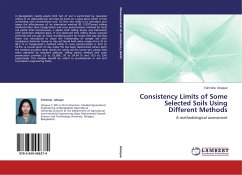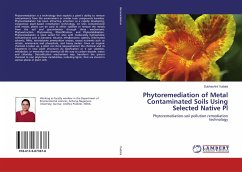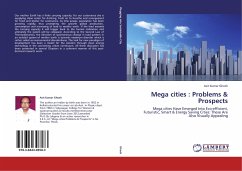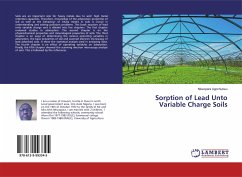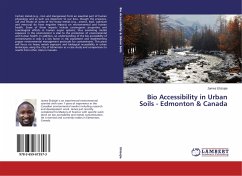
Bio Accessibility in Urban Soils - Edmonton & Canada
Versandkostenfrei!
Versandfertig in 6-10 Tagen
36,99 €
inkl. MwSt.

PAYBACK Punkte
18 °P sammeln!
Certain metals (e.g., iron and manganese) form an essential part of human physiology and as such are important to our lives, though the presence, use and intake of some of the heavy metals (e.g., arsenic, lead, cadmium and mercury) do have negative impacts on environmental and human health. Some of these impacts include carcinogenic properties and toxicological effects in human organ systems; thus examining metals exposure in the environment is vital to the protection of environmental and human health. In addition, an understanding of the bio accessibility of contaminants in soils is a key fac...
Certain metals (e.g., iron and manganese) form an essential part of human physiology and as such are important to our lives, though the presence, use and intake of some of the heavy metals (e.g., arsenic, lead, cadmium and mercury) do have negative impacts on environmental and human health. Some of these impacts include carcinogenic properties and toxicological effects in human organ systems; thus examining metals exposure in the environment is vital to the protection of environmental and human health. In addition, an understanding of the bio accessibility of contaminants in soils is a key factor in risk assessment and implementing proper environmental management protocols for contaminants. This piece will focus on heavy metals exposure and biological accessibility in urban landscapes using the City of Edmonton as a case study and comparisons to results from other cities in Canada.



